The activities below are categorized by the steps necessary to earn badges.
Step 1: Complete the foundational activity
Step 2: Complete the role-specific educational activity
Step 3: Complete all required therapeutic area-specific activities
Population Health Education

Population-Based Health in Practice: Addressing Health-Related Social Needs (45 minutes)
In this educational discussion, national experts will discuss a new CMS pilot program that enables clinicians to use novel methods to address HRSN via Medicare resources. This approach, called “In Lieu of Services” (ILOS) uses Medicaid funds to pay for services that are not traditionally medical, but can potentially improve patient outcomes in a more cost-effective manner than traditional treatments. The program will also highlight the screening and assessment best practices and empathetic inquiry skills necessary to identify and address HRSN.
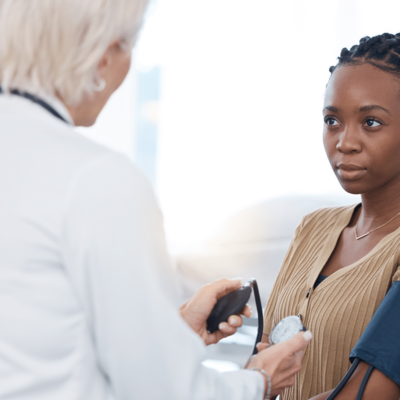
Population-Based Health in Practice: Addressing Health-Related Social Needs for Black/African American Patients (60 minutes)
During this program, national experts will examine how racism, discrimination, and inter-generational trauma impact clinical care practices for Black/African American patients. The educational discussion will center on introducing trauma-informed care practices and other trust-building interventions into clinical care to improve patient outcomes and address health-related social needs for Black/African American patients.
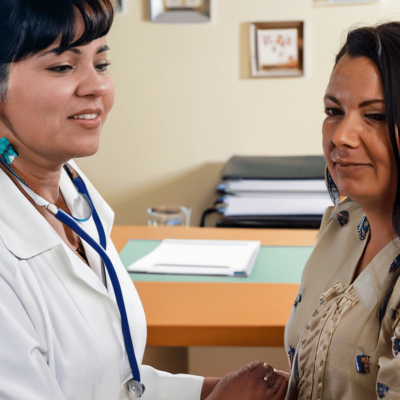
Population-Based Health in Practice: Addressing Health-Related Social Needs for Indigenous/American Indian/Alaska Native Patients (30 minutes)
Clinicians who engender trust and establish a therapeutic rapport with these patients practice trauma-informed care, establishing a safe space for open communication and keeping in mind intergenerational trauma. In this educational presentation, faculty will share best practices for integrating a trauma-informed approach into clinical practice to improve outcomes for Indigenous/American Indian/Alaska Native patients.

Population-Based Health in Practice: Addressing Health-Related Social Needs for Rural-Residing Patients (45 minutes)
During this educational presentation, clinical experts who work with these communities will discuss interventions for reducing some of the barriers to care that rural-residing patients now endure, such as improving health literacy and access to person-centered care.
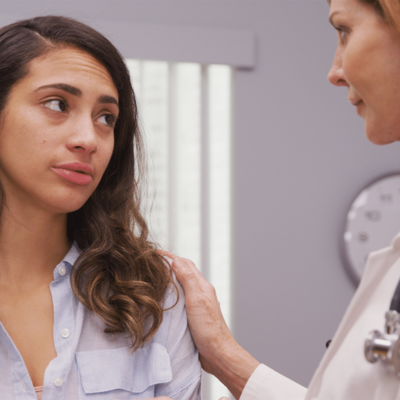
Population-Based Health in Practice: Addressing Health-Related Social Needs for Hispanic/Latino Patients (30 minutes)
Clinical experts will lead an educational discussion on best practices designed to mitigate some of these disparities and engender mutual trust in the health care setting. This presentation shares interventions that address and relieve stigma experienced by Hispanic/Latino patients with the goal of making the clinic a place where they feel welcome and heard.
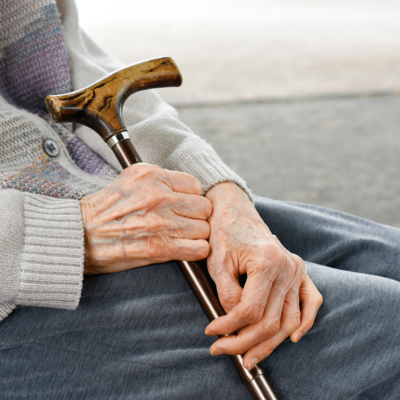
Population-Based Health in Practice: Addressing Health-Related Social Needs for Aging Populations (45 minutes)
During this concise, on-demand educational discussion, expert panelists will advocate for aging populations and their caregivers, revealing the structural pressures that enable ageism and racism to persist, and highlighting strategies to address health-related social needs for this underserved population.
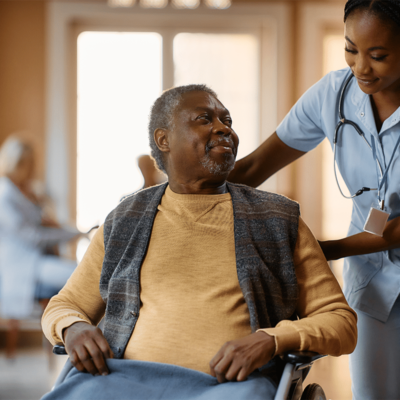
Population-Based Health in Practice: Addressing Health-Related Social Needs for Individuals with Disabilities (45 minutes)
In this CMEO Snack, expert faculty will guide learners through a discussion of the unique care barriers and facilitators and their impact on individuals with disabilities as well as strategies for clinical practice that address the health-related social needs of these patients.

Population-Based Health in Practice: Addressing Health-Related Social Needs for LGBTQ+ Patients (30 minutes)
This educational discussion will identify the health-related social needs of LGBTQIA+ patients and will share practice strategies such as gender- and trauma-informed care that improve clinicians’ cultural humility and help make the experience safe and welcoming for all patients.

Population-Based Health in Practice: Improving Gender-Informed Care Through an Understanding of Personal Pronouns (45 minutes)
This educational presentation features health care experts who will share actionable strategies for incorporating the use of personal pronouns into clinical practice to foster a safe and inclusive care environment.

Population-Based Health in Practice: Addressing Health-Related Social Needs for Veteran Patients (30 minutes)
In this CMEO Snack, expert faculty will meet to discuss the unique needs of Veteran patients as well as practical strategies that can be integrated into clinical practice (such as cultural humility) to mitigate disparities in treatment and outcomes for this patient population.
